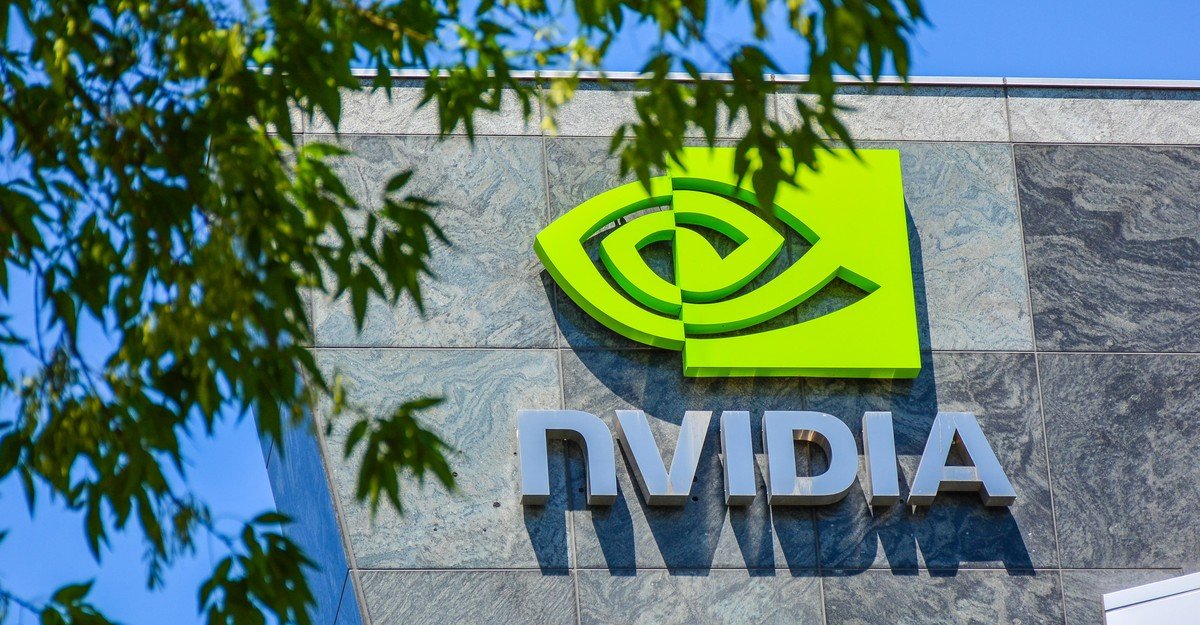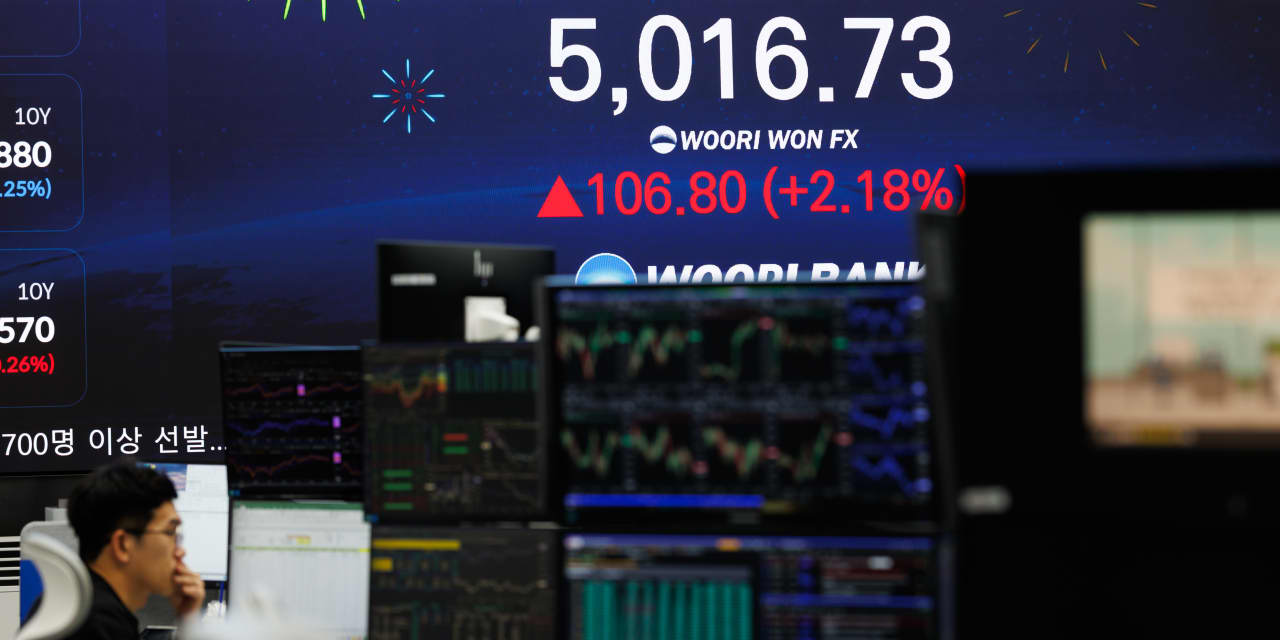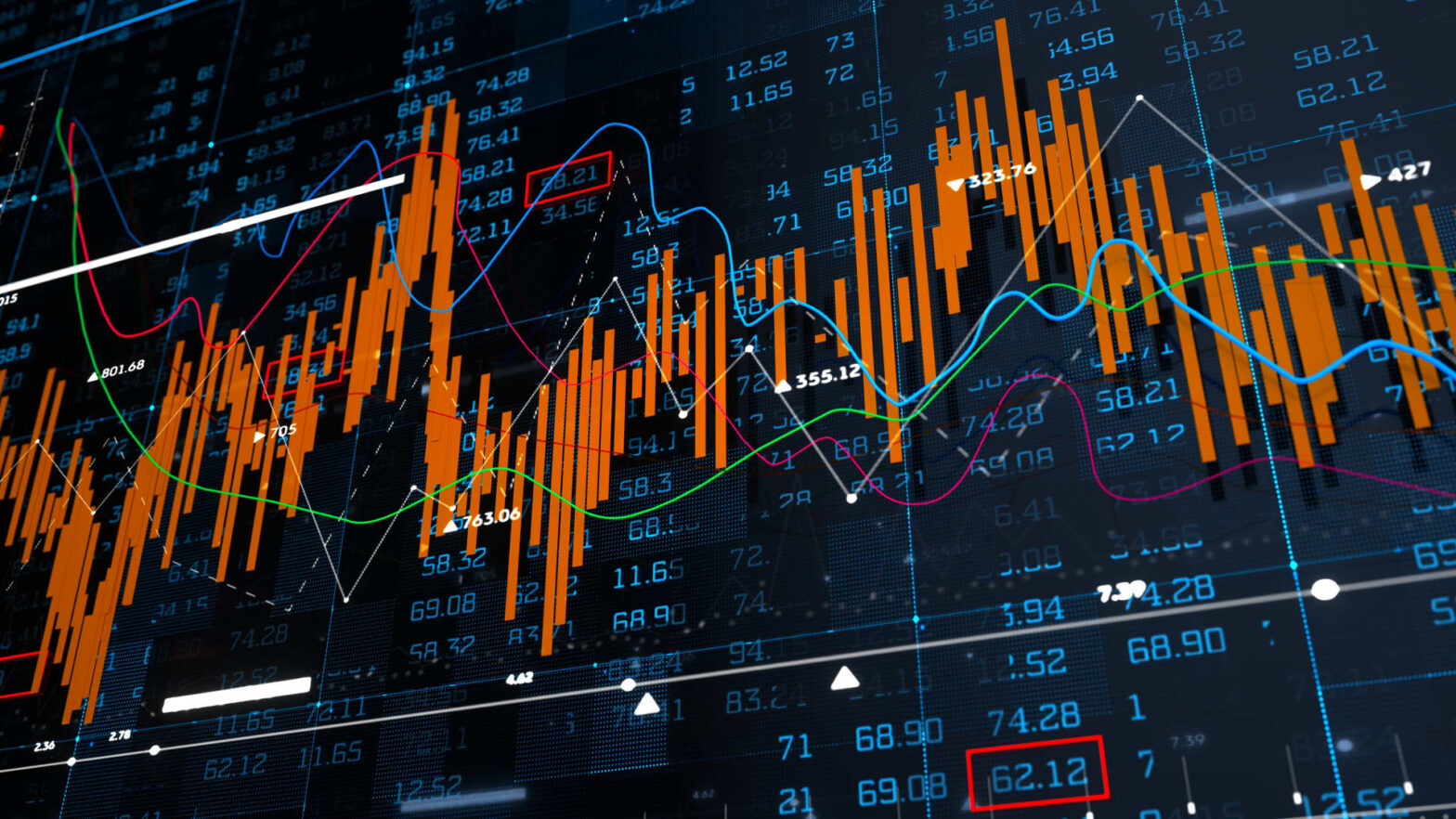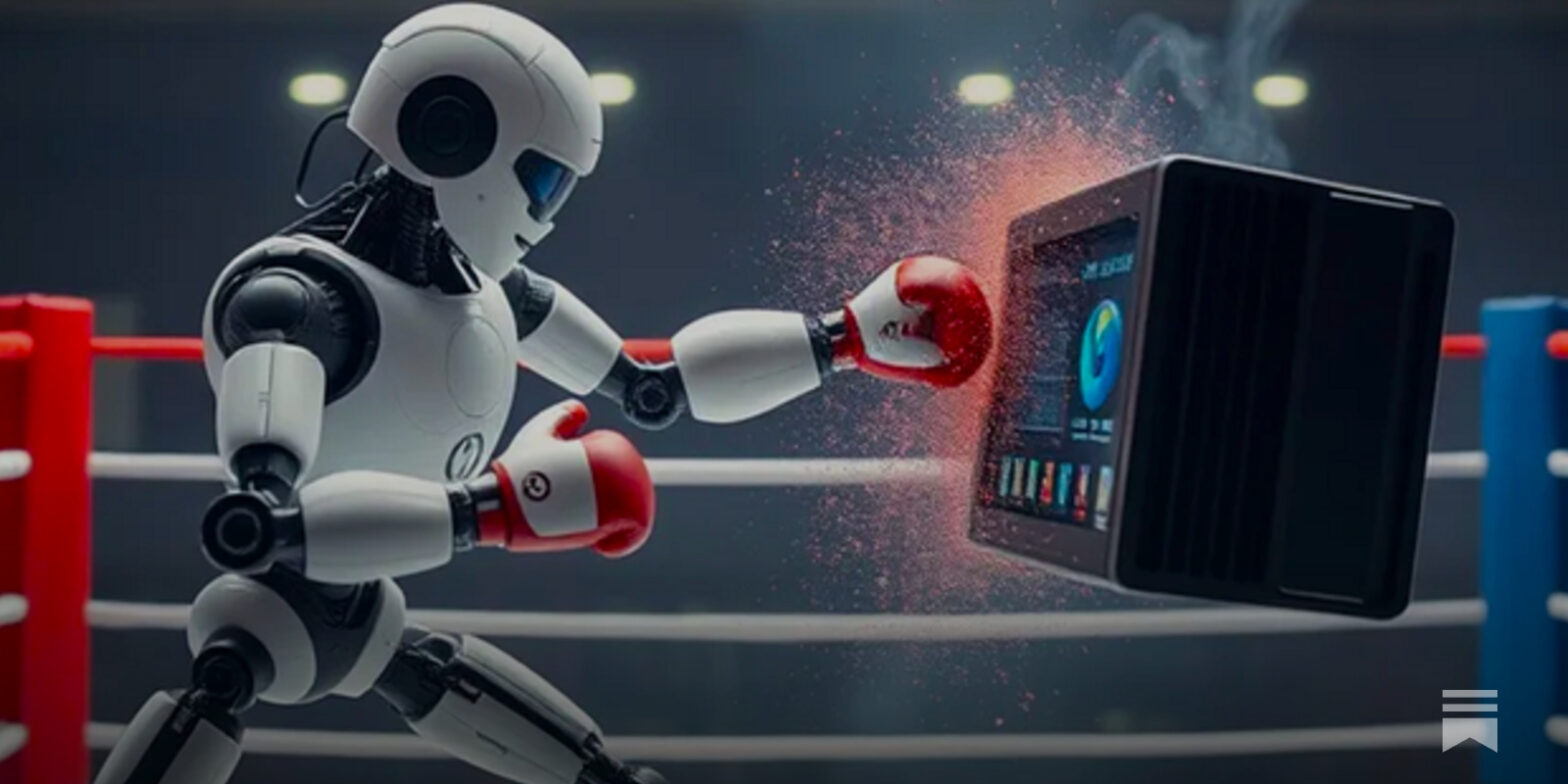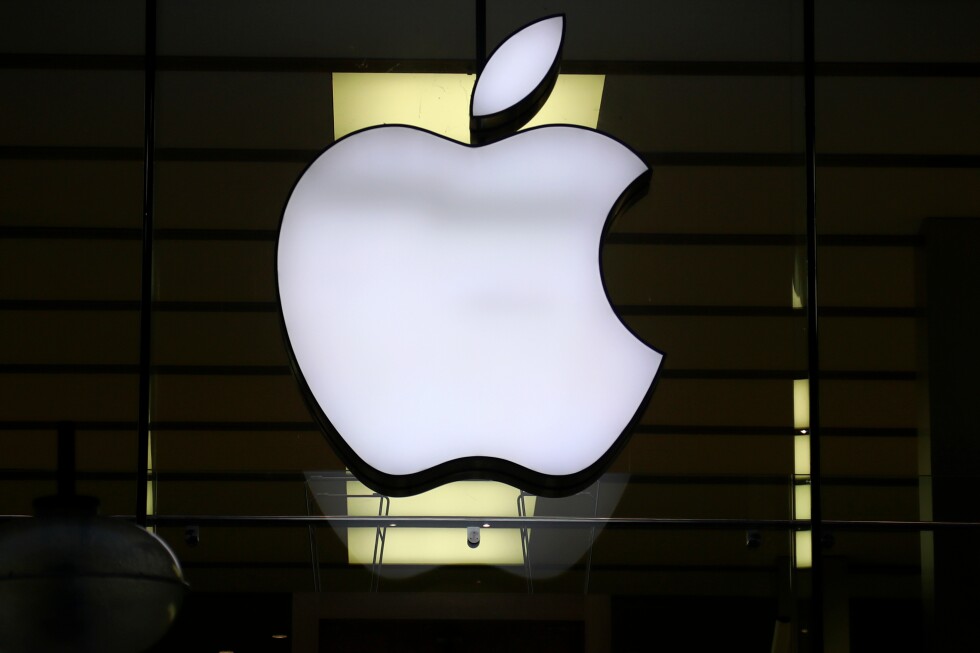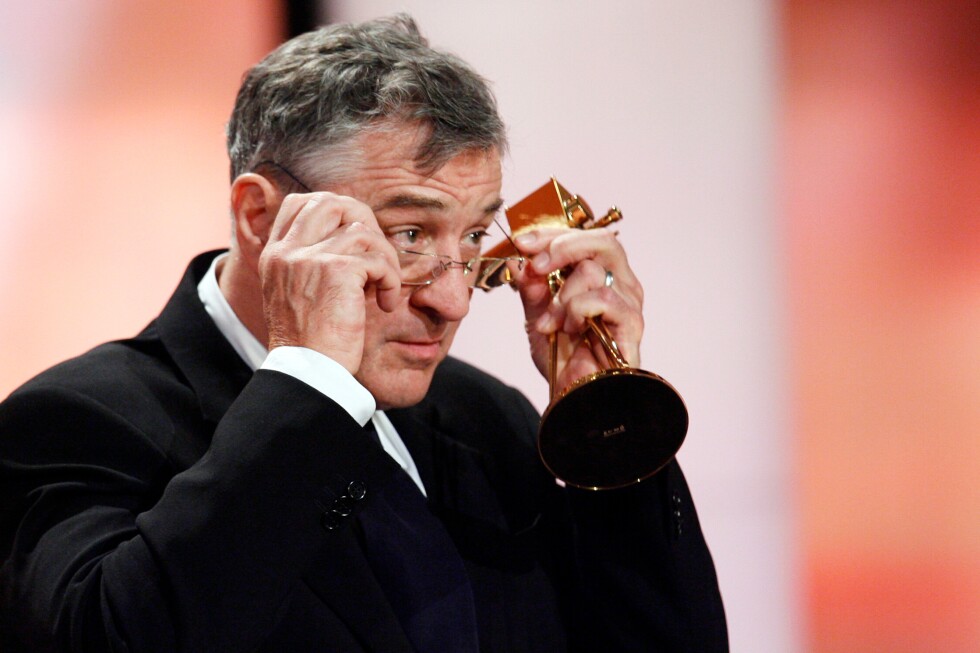The Magnificent Seven have been buoying the S&P 500 lately, but the stocks’ outsize impact on the market may not necessarily be a good thing.

This is an edition of The Atlantic Daily, a newsletter that guides you through the biggest stories of the day, helps you discover new ideas, and recommends the best in culture. Sign up for it here.
The Magnificent Seven—a nickname for the highest-flying tech stocks—have lately been buoying the S&P 500. Fun cowboy name aside, the stocks’ outsize impact on the market is raising eyebrows.
First, here are three new stories from The Atlantic:
Flying Too High
The Clash’s great song “The Magnificent Seven” follows a worker schlepping through his seven-hour workday, waiting to be set free for lunch and then for a drink at the pub.
Wave bub-bub-bub-bye to the boss
It’s our profit, it’s his loss
But anyway, the lunch bell ring
Take one hour, and do your … thang!
The lyrics are an amusing commentary on the drudgeries of life under capitalism, with references to Friedrich Engels and Karl Marx tossed in. In an ironic twist, this punk-rock song now shares its name with just about the least punk-rock phenomenon I can think of: the tech stocks that have been leading the market lately.
When the S&P 500 hit an all-time high last month, it was in large part thanks to the “Magnificent Seven” basket of tech stocks comprising Meta, Alphabet, Apple, Amazon, Microsoft, Tesla, and the chipmaker Nvidia, whose ability to mint the computer chips that undergird AI systems has made it extremely appealing to investors. As The Wall Street Journal wrote in December: “It’s the Magnificent Seven’s Market. The Other Stocks Are Just Living in It.”
The nickname has a quirky backstory: Michael Hartnett, the chief investment strategist for Bank of America, reportedly coined it in reference to the 1960 film The Magnificent Seven, a Western-style remake of Akira Kurosawa’s 1954 film, Seven Samurai. (The Clash song alludes to the 1960 cowboy film, too.)
The Magnificent Seven have had a disproportionate impact on the market: As Joe Rennison noted in The New York Times, these stocks drove about 60 percent of the index’s 23 percent growth last year (their large market caps mean that their growth is weighted more heavily than that of smaller companies), buoying the S&P 500. The index would have risen just 15 percent without the seven—still strong, but not the monster returns it saw with these tech stocks.
Major market concentration can spell risk. Hartnett recalled to NPR in late 2023 that another time a splashy bunch of tech stocks—then coined the “Four Horsemen,” referring to Dell, Cisco, Microsoft, and Intel—dominated the stock market was just before the dot-com bubble burst. He added that the current star stocks “were magnificent because everything else was tragic.” Uncertainty about interest rates, along with global turmoil, made for a tough year for many businesses. Some analysts, including Hartnett, worry that overreliance on a small group of stocks could lead to a downturn if these companies fail or prove overvalued.
The level of market concentration we have seen lately is notable: By last year, the S&P 500 was the most concentrated it had ever been. But the AI excitement that made these stocks so alluring to investors seems to be fading. And some of the Magnificent Seven companies are losing their shine. Meta reported gangbusters sales last week, and its stock soared (Wall Street appeared to reward the company for announcing its first-ever quarterly dividend and a $50 billion buyback; that came after its “year of efficiency,” which included several rounds of layoffs that cut thousands of employees). Nvidia, for the most part, remains beloved by investors. But Tesla, in particular, is struggling: Its shares tanked last month. And its founder, Elon Musk, is embroiled in multiple controversies, including his handling of X, allegations about his close personal ties with Tesla board members and drug use, and a judge’s ruling last week that a pay package of his was out of control.
Apple, Amazon, Microsoft, and Alphabet all recently reported solid earnings, but their shares did not see big surges. As Martin Peers wrote in The Information last month, “Instead of the magnificent seven, it might be more appropriate to refer to the group as Nvidia, Meta and the humble five.” Whatever you want to call them—and I understand if you don’t want to spend mental energy riffing on names for stocks—their legacy may prove less lasting than the song and movie of the same name.
Related:
Today’s News
- A federal appeals court ruled that Donald Trump is not immune from prosecution for any alleged criminal acts he committed as president following the 2020 election.
- Jennifer Crumbley, the mother of the Oxford High School shooter, who killed four students, was found guilty of involuntary manslaughter.
- The wildfires in Chile are likely the country’s deadliest on record, according to the United Nations’ disaster agency. Chilean authorities have confirmed that at least 131 people have died and hundreds are missing.
Evening Read

‘The Magic of Raina Is Real’
By Jordan Kisner
If you do not have a child under the age of 16, or are not yourself under the age of 16, you might have no idea who Raina is. So it was with me. I called a friend with kids and said, “Have you heard of an author named Raina Telgemeier?”
“Of course,” she said, sounding bemused, as if I’d asked whether she was familiar with the automobile.
“Like the Beatles for children,” another parent friend explained.
More From The Atlantic
Culture Break
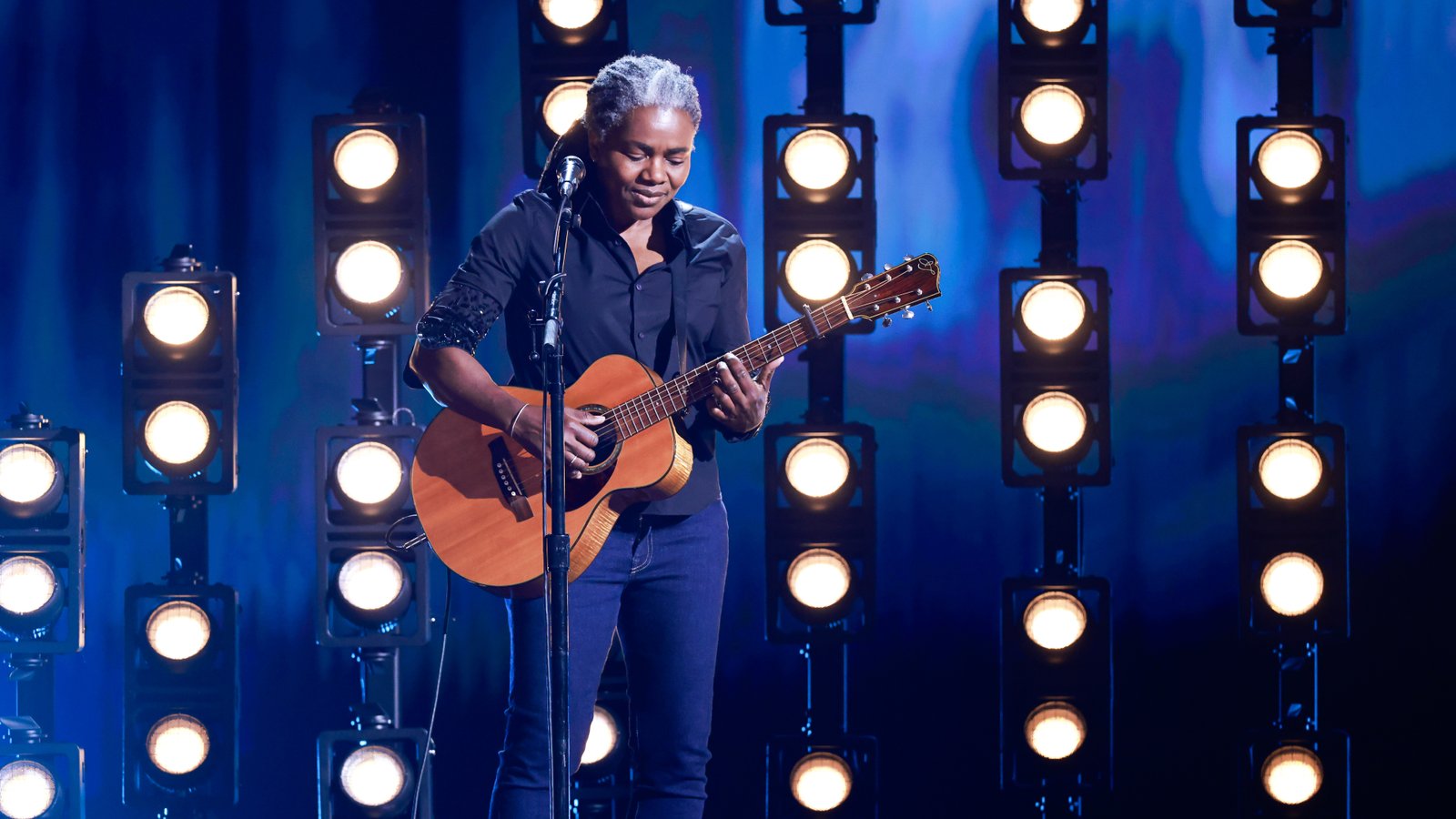
Watch. The “Fast Car” performance by Tracy Chapman and Luke Combs at the Grammys was a balm for our sorely divided nation, Peter Wehner writes.
Move, for the sake of it. Calorie measurements on fitness trackers are frequently inaccurate, so you should move your body “simply because you want to,” Caroline Mimbs Nyce writes.
P.S.
Lest you think Big Tech isn’t punk rock at all, I will draw your attention to the fact that Nvidia’s CEO is known for sporting black leather jackets. Vanessa Friedman wrote an amazing article on the distinctly non-nerdy sartorial choice in the Times last year. “The jacket is an object that has become a signifier—of a person but also the great leap forward that person represents … Wearing the same thing every day is a shortcut to crafting a Pavlovian identity in the hive mind—not just in Silicon Valley but in pretty much any arena,” she wrote.
Also, in the realm of truly renegade executive behavior: Adam Neumann, a co-founder and the former CEO of WeWork, is reportedly considering buying the now-bankrupt company, along with other investors.
— Lora
Stephanie Bai contributed to this newsletter.
Explore all of our newsletters here.
When you buy a book using a link in this newsletter, we receive a commission. Thank you for supporting The Atlantic.

